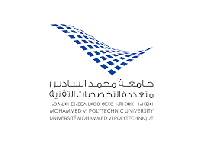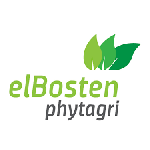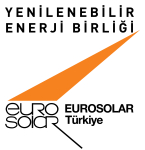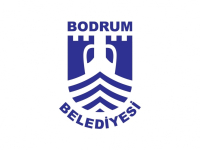ABOUT US




The overall objectives of FrontAg Nexus (Impact of Climate-Smart and Water-Saving Frontier Agriculture on the WEFE Nexus in Arid Mediterranean Regions) are to demonstrate the socio-economic and ecological impacts of the water, energy, food, and ecosystem (WEFE) Nexus approach at the agricultural production and policy levels in the Mediterranean Regions. The project will show that frontier agriculture contributes to improve livelihoods, including food and nutrition security (FNS), job creation, entrepreneurship, skill enhancement, and will reduce the pressure on WEFE resources. Frontier agriculture comprises climate-smart and water-saving technologies, such as hydroponics (i.e., different soilless or semi-soilless plant cultivation systems, often vertical), aquaponics (i.e., the combination of recirculating aquaculture systems (RAS) with hydroponics), insect farming and vermiculture/vermicomposting (for animal feed and/or substrate/humus). Energy efficiency of frontier agriculture can be enhanced through agriphotovoltaic. These innovations and the corresponding supply and value chains are at the centre of FrontAg Nexus. Frontier agriculture is equally suitable for rural and urban contexts and could be exercised by both experienced and novice farmers. Frontier agricultural technologies can be combined in a modular fashion to simultaneously address multiple challenges related to the WEFE Nexus. This is known as ‘multisolving’ approach. The multisolving approach has great relevance in this era of complex, interlinked, social, and environmental challenges as reflected by the thrive for a sustainable WEFE Nexus. Cross-sectoral (Nexus) policy level stakeholder engagement will be undertaken, avoiding siloed thinking, to promote a consensual and coherent WEFE policy framework.



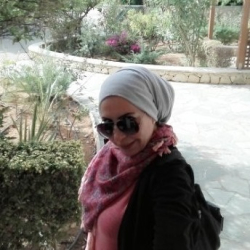
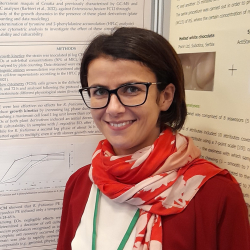





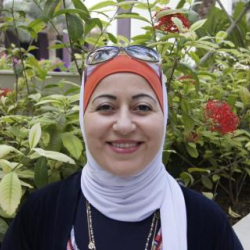

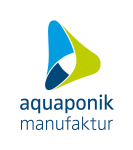

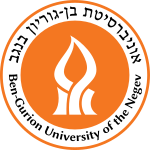
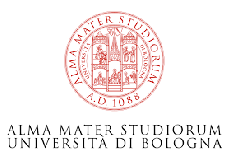
.png)
